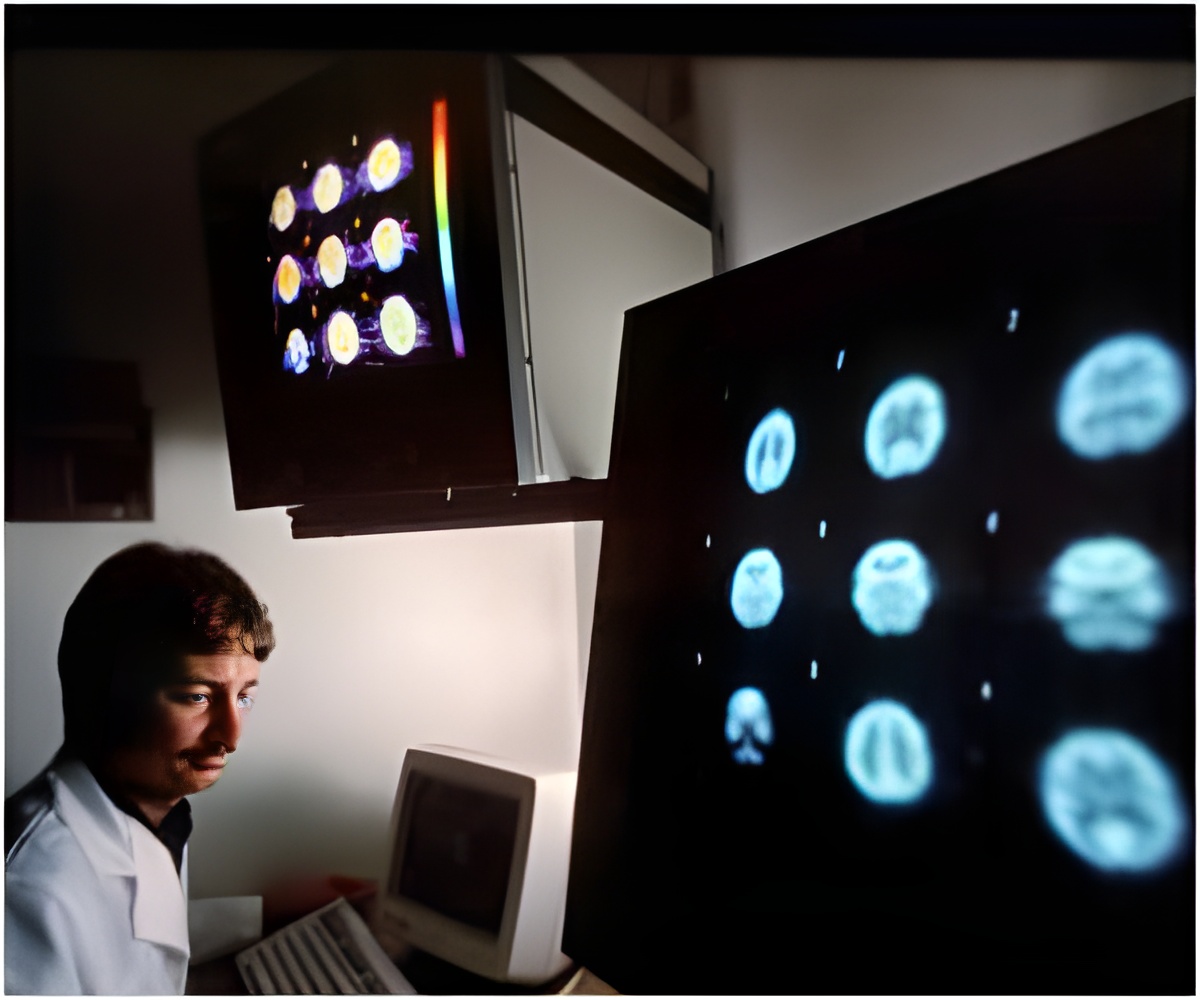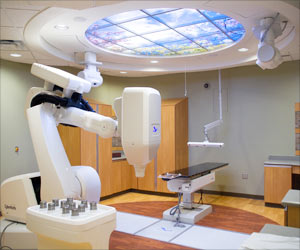Stunning advances in imaging and informatics are opening up new ways to diagnose, treat and potentially prevent a wide range of diseases.

‘Stunning advances in imaging and informatics are opening up new ways to diagnose, treat and potentially prevent a wide range of diseases.’





It will involve imaging the brain, heart, bones, carotid arteries and abdominal fat of 100,000 current participants of UK Biobank, a project set up in 2006 by the MRC and Welcome Trust to create a research resource of half a million people across Britain to improve health. A spokesman for MRC said the multi-organ scans would be analysed alongside the vast data already collected from UK Biobank participants. "This extra layer of data, for all health scientists to access, will give new perspectives on the best way to prevent and treat multi-faceted conditions," the MRC said. "It will also spark novel ways to analyse and interpret scans, with potential benefits for research as well as for the investigation of patients in the future," it said.
Paul Matthews of Imperial College London, who chairs the academics that support UK Biobank, said: "This imaging is going to help us understand risk factors that could prevent future diseases, just as the discovery of smoking and the link to cancer has changed the entire prevalence of that disease."
For the last 10 years, UK Biobank has gathered huge quantities of data on its 500,000 participants including their lifestyle, weight, height, diet, physical activity and cognitive function as well as genetic data from blood samples.
Cathie Sudlow, professor of neurology and clinical epidemiology at the University of Edinburgh, and UK Biobank's chief scientist, said: "What makes it truly transformational is the opportunity to combine the rich imaging data with the wealth of other information already available or being collected from participants, particularly their health and diseases during follow-up for many years to come."
Advertisement
The MRC said this large-scale study would improve researchers' understanding of what happens in the brain before dementia, stroke and other neurological disorders are diagnosed. It could result in the development of new treatments or preventative measures.
Advertisement









